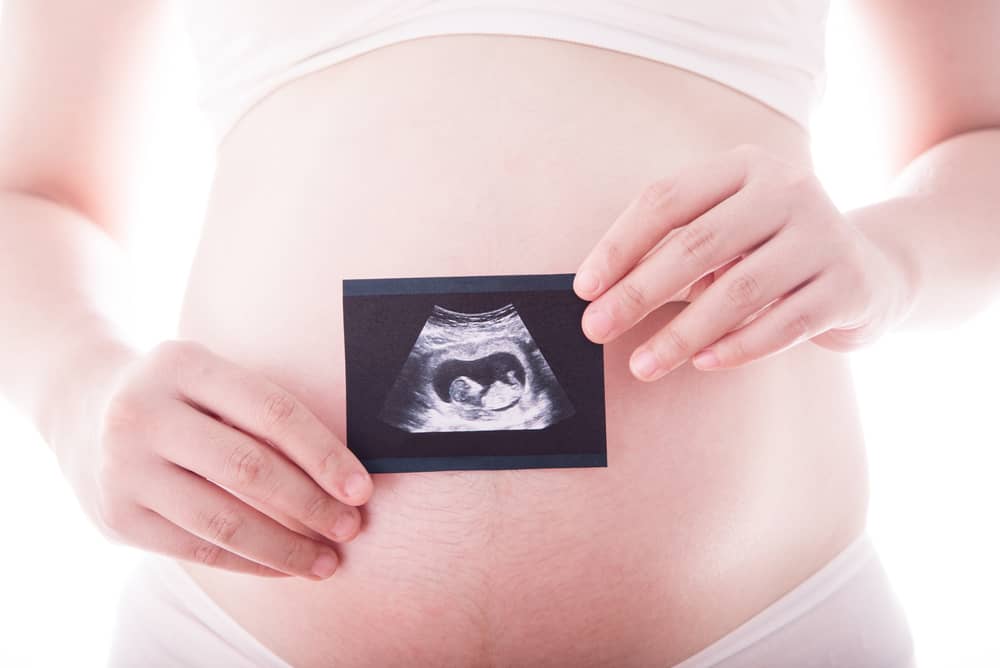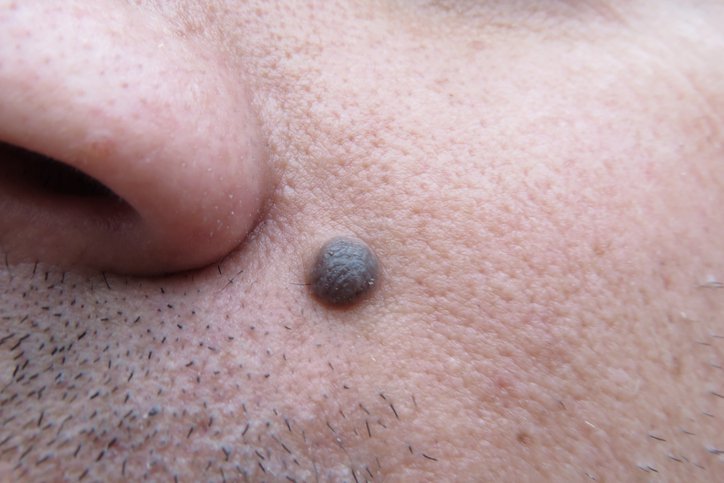Contents:
- Medical Video: Pregnancy Tips : How to Identify a Boy or a Girl in Pregnancy
- Types of abnormalities that can be detected through ultrasound
- When can a fetal abnormality begin to appear on an ultrasound examination?
- First trimester (11-13 weeks)
- Second trimester (18-20 weeks)
- Third trimester (> 21 weeks)
- So, what should be done if a fetal abnormality is found?
Medical Video: Pregnancy Tips : How to Identify a Boy or a Girl in Pregnancy
Every prospective parent certainly wants to have children who are healthy and born perfect. That is why pregnant women should check their pregnancies regularly. Thus, if there is something undesirable in the womb, be it a defect or fetal abnormality can be immediately detected and certain actions taken.
Fetal abnormalities can be known through ultrasound examination. Ideally, an ultrasound examination is carried out three times during pregnancy. From three ultrasound, when did you actually start detecting fetal abnormalities through ultrasound? Consider the following review.
Types of abnormalities that can be detected through ultrasound
Unfortunately, not all types of problems in infants can be detected by ultrasound. The reason is that even ultrasound results are not 100 percent accurate so that normal results on ultrasound do not always guarantee that your baby will not have abnormal birth defects or chromosomes. Because, there is also a disability that is only seen when the baby is born.
However, that does not mean you feel you don't need to do an ultrasound. Ultrasound examination is still important in anticipation of abnormalities in your fetus. Here are some birth defects that can be detected by ultrasound:
- Spina bifida
- Anencephaly
- Hydrocephalus
- Club foot or crooked legs
- Harelip
- Kidney defects
- Down syndrome (Down syndrome)
When can a fetal abnormality begin to appear on an ultrasound examination?
When an ultrasound is performed, the doctor will take measurements to make sure the baby grows normally. If one measurement is not normal, then it can indicate a birth defect.
Ultrasound is usually done three times during pregnancy, especially at 18 to 20 weeks' gestation. Because at this age the best time to check the baby's physical development. However, this ultrasound can also be done earlier since 6-8 weeks. Here are the benefits of ultrasound performed three times during pregnancy:
First trimester (11-13 weeks)
- See the development of pregnancy.
- Detect whether you are pregnant with more than one fetus.
- Estimating gestational age.
- Estimating the risk of chromosomal abnormalities, such as Down syndrome which is characterized by an increase in fluid behind the baby's neck.
- Check for birth defects that affect the brain and spinal cord.
So, fetal abnormalities or birth defects can be detected from the beginning of the ultrasound examination in the first trimester.
Second trimester (18-20 weeks)
- Estimating gestational age.
- See the size and position of the fetus, placenta, and amniotic fluid.
- Check the position of the fetus, umbilical cord, and placenta before performing an amniocentesis procedure or cord blood sampling.
- Find possible birth defects, such as neural tube defects, heart problems, spina bifida, absence of parts of the limbs, and cleft lip.
Third trimester (> 21 weeks)
- Ensure that the fetus is still alive and moving normally.
- See the size and position of the fetus, placenta, and amniotic fluid.
So, what should be done if a fetal abnormality is found?
If you find any abnormalities detected through ultrasound, you should immediately discuss it with your doctor about the best choices to make. This choice certainly depends on the type of abnormality detected.
For some types of abnormalities can be overcome by doctors, one of which is the condition of spina bifida when the baby is still in the womb. A study conducted in 2011 found that improving the condition of the spina bidifa before the baby was born can provide better results than doing surgery after the baby is born. Some bladder obstruction can also be treated when the baby is still in the womb.
Unfortunately, not all birth defects can be treated before the baby is born. Therefore, you need to discuss with the doctor to get the best choice on the problem found.












